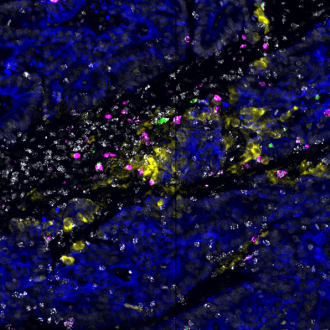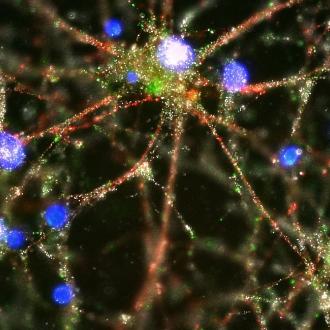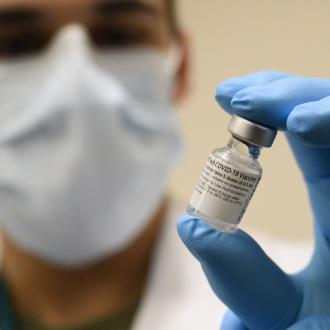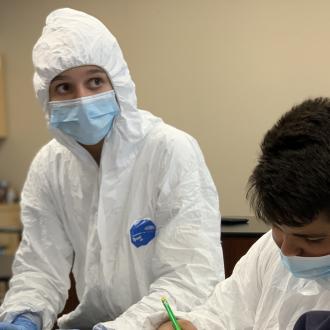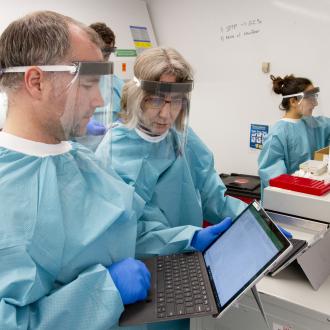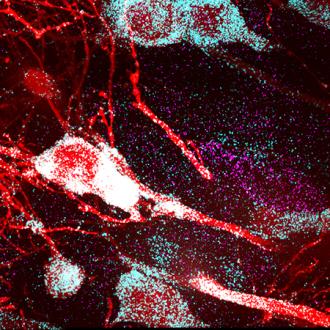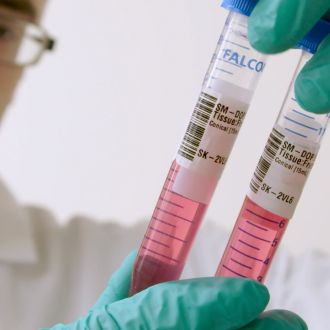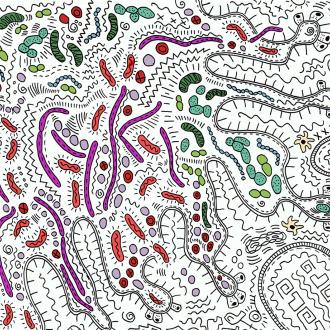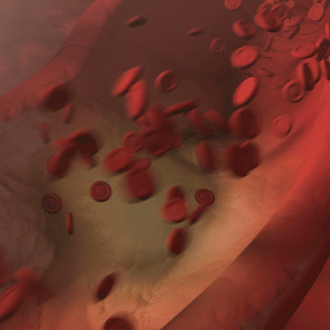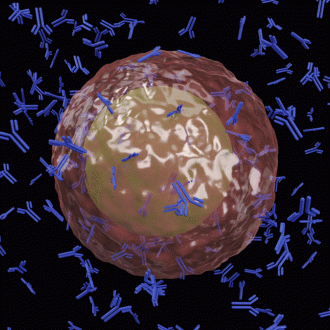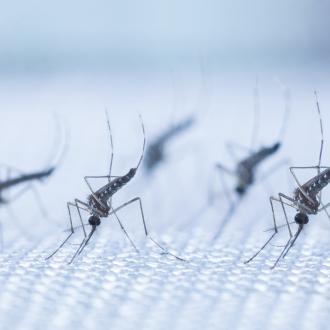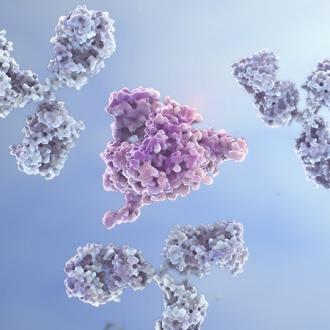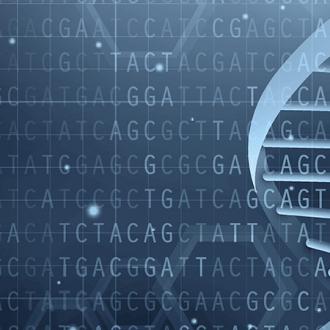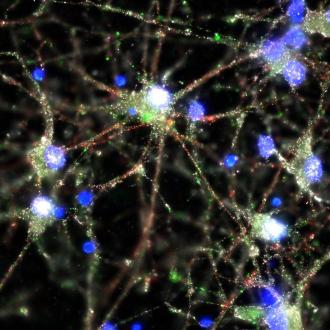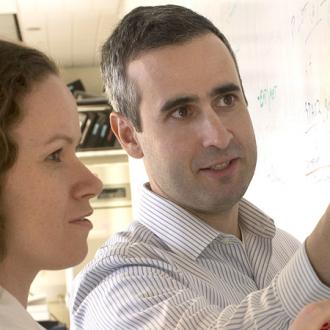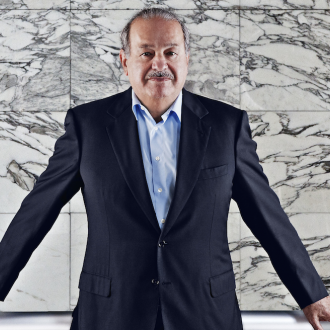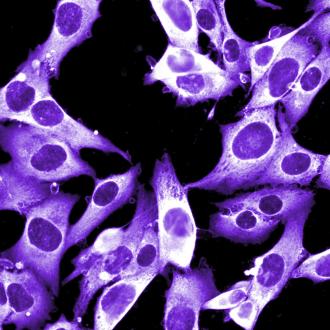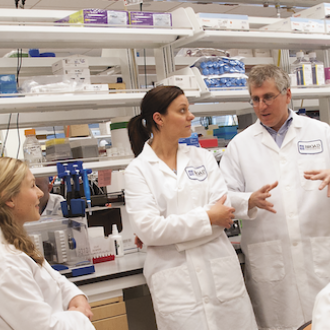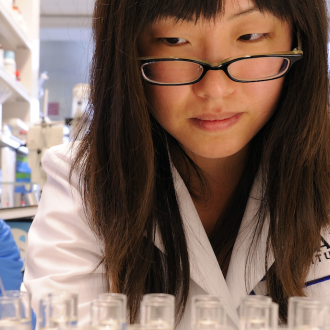Donor Impact
Private philanthropy has played a critical role at the Broad Institute from the very beginning. The Institute was launched thanks to the vision and generosity of two extraordinary philanthropists, Eli and Edythe Broad. Even in the early days of genomics, they understood the enormous promise of the then-emerging field, and the need to invest in it in order to realize that promise.
Transformative science usually stems from truly original—and risky—ideas. But researchers often face serious hurdles in funding their most ambitious projects precisely because of their risky nature. Thanks to the generosity and support of our philanthropic partners, the Broad is able to empower researchers to pursue their most ambitious projects. From dissecting the circuitry of cells to developing personalized cancer vaccines, our donors have provided catalytic funding for research that fundamentally changes the way we understand and treat disease.
We invite you to learn more about the impact that our donors have made.
An app-based pandemic simulation developed at the Broad Institute has become an educational tool for dozens of schools across the country.
A rheumatologist and Broad scientist seeks to improve the precision of diagnoses for immune disorders.
Studies led by Broad scientists have revealed some of the strongest genetic risk factors for schizophrenia and bipolar disorder.
Dr. Richard Merkin continues his decade-long legacy of supporting powerful technological approaches aimed at the treatment of disease.
The recently launched Eric and Wendy Schmidt Center brings together biology and machine learning to usher in new biological breakthroughs.
An infectious disease physician and Broad scientist discusses lessons learned from Covid-19.
Operation Outbreak equips young students with experience in outbreak preparedness—a quest that has only gained urgency since Covid-19.
Read how the Broad Institute is contributing to the global scientific effort to overcome the COVID-19 pandemic.
Schmidt Fellow Fei Chen is developing new tools to provide clearer snapshots of cellular and subcellular dynamics.
Watch how a new collaborative effort at the Broad is accelerating research into rare cancers.
One doctor’s drive to cure childhood brain tumors.
Studying the infant microbiome could provide clues to a prevalent protein allergy.
Here’s how insights from genetic data are improving cardiac care.
Food Allergy Science Initiative steering committee member Wayne Shreffler shares his work to understand why some people's allergies are so severe.
There is no cure for inflammatory bowel disease. The Broad Institute is trying to change that.
Broad scientists have sequenced more than 110 Zika genomes—a key step toward understanding this mosquito-borne virus linked to severe birth defects.
How does how we're born influence the microbes in our gut?
The Broad partners with a patient’s family to unravel—and cure—a rare neurological disorder.
Scientists understand very little about the basic biology of food allergy—and the Broad seeks to change that.
How can we learn which mutations are harmless, and which ones cause devastating disease?
Karestan Koenen recovered from her own PTSD—and became a leading researcher on the epidemic.
Broad scientists start a revolution in our understanding of how schizophrenia develops—and how it might be stopped.
More than 1,100 women and men across the country are taking part in an ambitious patient-driven genomic research project based at the Broad Institute: The Metastatic Breast Cancer Project.
Drug resistance has confounded cancer researchers since the 1940s. For the first time, we have the power to understand the details of how it works.
Rates of type 2 diabetes are on the rise throughout the world. But Latin American countries carry a disproportionately heavy burden.
Using a patient’s genetic information to tailor treatment is central to genomic medicine, and nowhere the approach made a greater impact than in cancer.
Crohn’s disease and ulcerative colitis are chronic, debilitating illnesses. Scientists still lack a complete picture of how and why they develop.
MCL1 is one of the most common culprits in cancer. Broad researchers recently identified a small molecule that appears to inhibit the gene’s activity.

